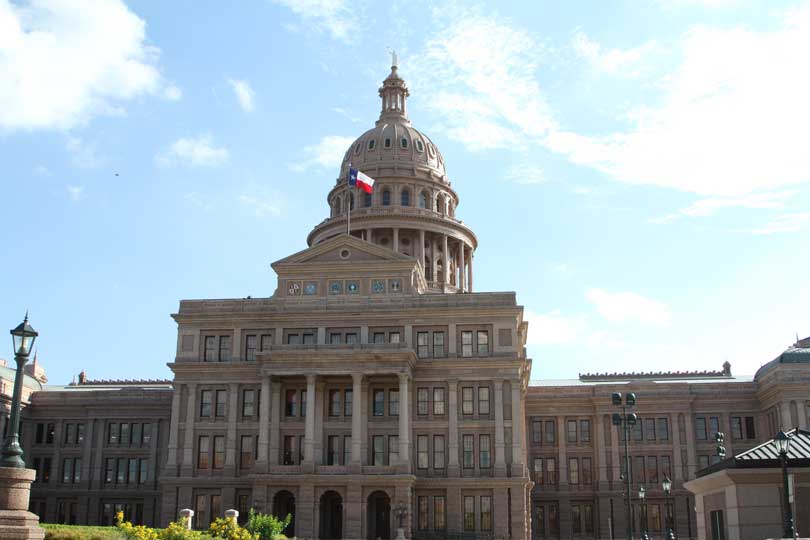By Julie Tomascik
Editor
Texas legislators have approved several bills this legislative session that will impact Texas agriculture.
HB 1325 by Rep. Tracy King (D-Uvalde) passed unanimously from the House and Senate. It requires participation in the state hemp program in order to cultivate, handle or process hemp in Texas.
“Now that hemp production is legal on the federal level through the 2018 Farm Bill, it’s time to move forward in Texas,” Billy Howe, Texas Farm Bureau associate director of Government Affairs, said. “Texas farmers deserve the right to grow a crop that is already legally sold in the state.”
Texas’ climate is suited for growing hemp, and a variety of products can be produced by the crop and used for construction materials, food and beverages, furniture, paper, cosmetics, recycling and textiles.
The bill outlines a state hemp production plan written by the Texas Department of Agriculture (TDA) that would give the state of Texas primary regulatory authority over hemp grown in the Lone Star State.
“This will be another row crop option for Texas farmers to determine whether or not it makes sense economically to grow it,” Howe said.
Veterinarians are in high demand in rural Texas, and state legislators are addressing those needs.
Texas Tech University’s School of Veterinary Medicine is one step closer to reality with the Legislature allocating $17.4 million of the state’s budget to fund building the school in Amarillo.
“Farmers, ranchers and livestock in rural Texas need more access to veterinary care,” Howe said. “An additional veterinary school in Texas will help boost that opportunity.”
Several transportation bills also moved forward this session.
HB 2837 by Rep. Terry Canales (D-Edinburg) is a multi-purpose transportation bill that relates to the operation of and equipment for vehicles.
The bill contains several small changes that will be helpful to farmers and ranchers, Howe said.
One provision in the bill states that a trailer, semitrailer or pole trailer that is equipped with air or vacuum brakes or that has a gross weight of 4,500 instead of 3,000 pounds would be required to have breaks.
Another provision in the bill, Howe noted, will allow slow-moving vehicles to travel on an improved shoulder.
“This is a common sense fix to ensure the law aligns with what folks expect to be the law and make our rural roadways safer,” he said.
HB 2290 by Rep. Brad Buckley (R-Killeen) relates to the placement of the slow-moving vehicle emblem.
Currently, slow-moving vehicles are required to mount an emblem on the rear of the vehicle that is three to five feet above the road surface. This bill will remove the height requirement and allow the owner to mount the emblem at a height that does not impair the visibility of the emblem.
HB 2386 by Rep. Kyle Kacal (R-Bryan) updates state law with federal for CDL requirements for certain operators.
A CDL would not be required if the vehicle is not being used for compensation or to further a commercial enterprise; used intrastate; or if the vehicle is a covered farm vehicle under 49 CFR Section 390.5.
Howe noted this would allow the transport of horses and other animals to shows and events.
Another bill that benefits Texas agriculture is HB 191 by Rep. Phil Stephenson (R-Wharton). It seeks to organize a statewide program for the safe disposal of pesticide waste and containers led by TDA, the Texas Commission on Environmental Quality and Texas A&M AgriLife Extension Service.
It establishes a pesticide disposal fund to be administered by TDA that will consist of fees already being collected for purposes of pesticide disposal activities.
The bill caps the annual deposit of money received into the fund at $400,000 and prohibits TDA from increasing the amount of a pesticide registration fee collected for purposes of pesticide disposal activities.
TFB was one of the 21 agricultural groups that submitted a letter to the House Committee on Appropriations this session asking for TDA to regain unexpended balance authority and intra-strategy transfer authority.
The agency lost this ability when the 84th Texas Legislature required TDA to move into cost recovery on an annual basis for the purpose of achieving greater efficiency as a state agency. That transition included the elimina

